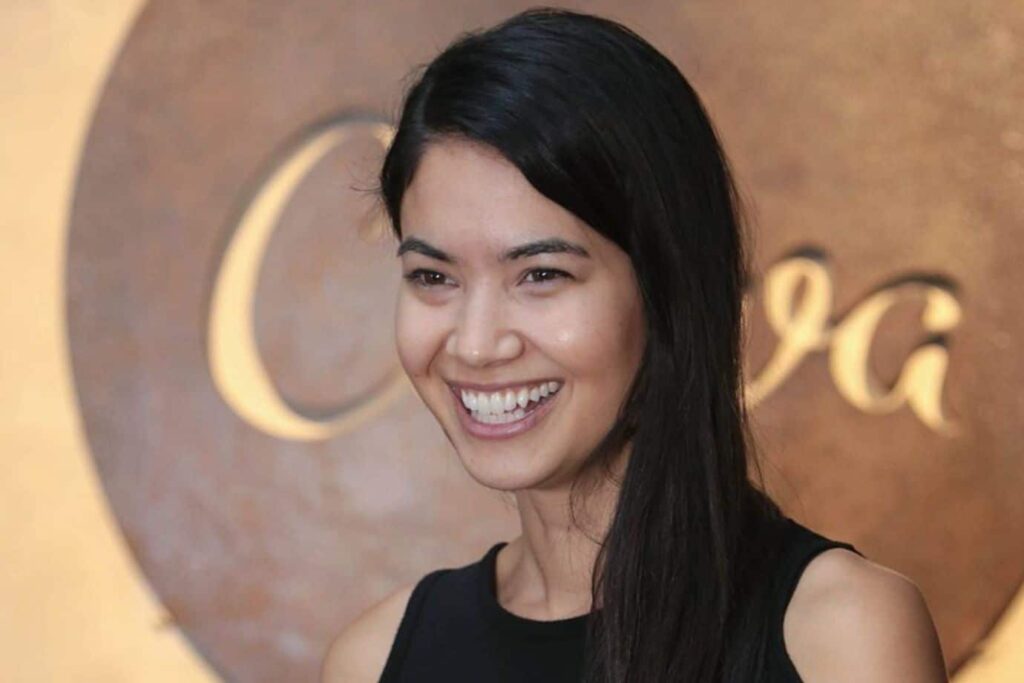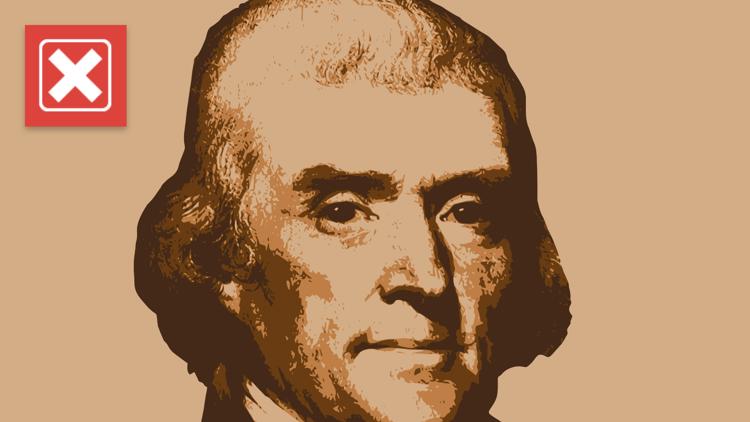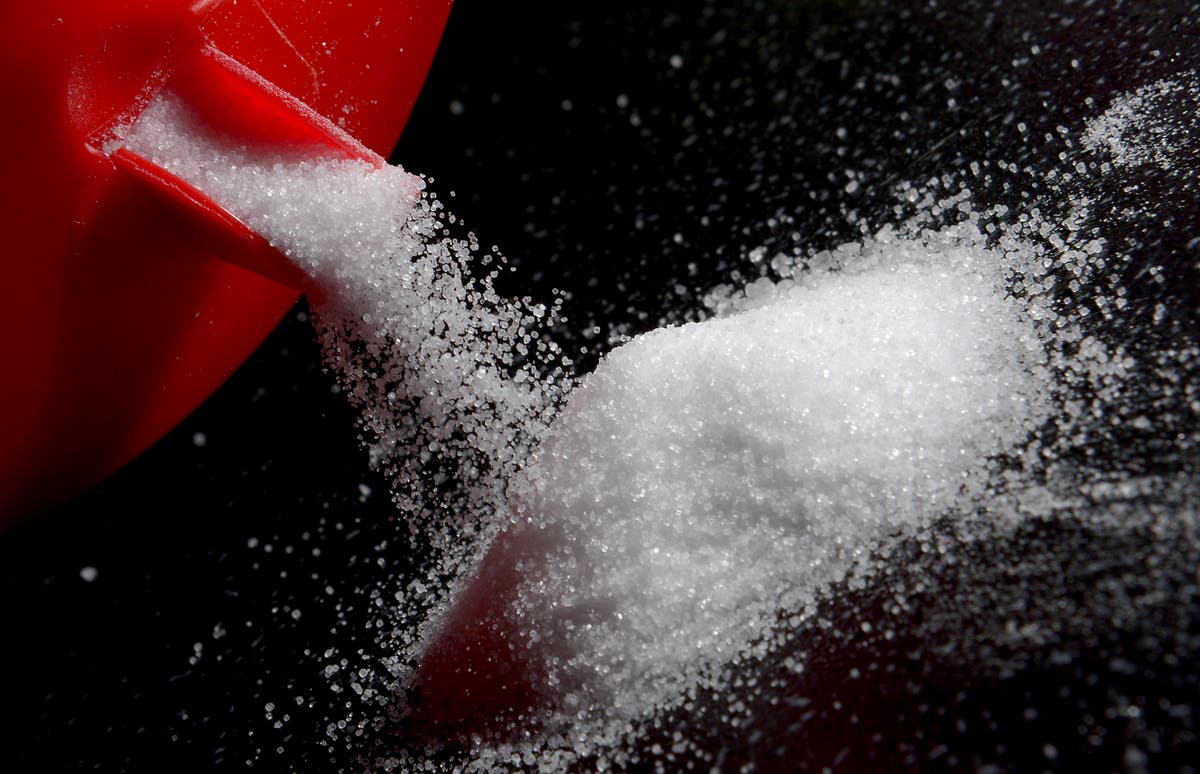New Korean ambassador to China stuck in limbo thanks to impeachment crisis
Former presidential chief of staff Kim Dae-ki announces his successor at the press room of the presidential office in Yongsan District, central Seoul, on Dec. 28, 2023. Kim was tapped as the next Korean Ambassador to China in October this year. [NEWS1] The incoming Korean ambassador to China is stuck in limbo as Korea tackles uncertainties around the impeachment of President Yoon Suk Yeol and the potential vacuums created by leaving diplomatic top spots unfilled for prolonged periods. Experts are increasingly concerned that the pending diplomatic appointments left in the wake of Yoon's suspension will become a critical issue for Seoul in the coming months. These worries come as concerns grow that the appointments of heads of diplomatic missions, including that of China, who serve as vanguards on the frontlines of diplomacy, will be disrupted one after another. According to diplomatic sources on Tuesday, former presidential chief of staff Kim Dae-ki, who was tapped as ambassador to China in October, has already received agrément from China — but there is an increasing possibility that he will not be able to assume his new role any time soon. Agrément refers to the official documentation of agreement from the host country for a diplomatic envoy. Related ArticleRival parties wrestle over Constitutional Court nominations as Yoon impeachment trial loomsForeign minister admits that martial law caused 'serious damage' to Korea's diplomacyActing President Han faces tougher diplomatic challenges compared to 2016 impeachmentForeign Ministry in damage control as diplomatic ties shaken by political turmoilDiplomatic ties, industry in turmoil as nation yet to stabilize after martial law Ambassadors extraordinary and plenipotentiaries must receive credentials from the head of state of their home country and present such credentials to the head of state of the host country to engage in diplomatic activities, but this procedure has been put on hold, according to sources. Legally, Han Duck-soo, as acting president, inherits all of the president’s diplomatic authority, including the ability to appoint ambassadors. However, given that Kim was a close aide to Yoon, and is not a career diplomat, Han risks upsetting fellow lawmakers should he follow through with Kim's appointment. In such a situation, the prevailing view among diplomats is that Kim’s appointment as ambassador to China has been effectively scrapped. “We need to carefully watch the situation a bit more and review it further,” a senior official from the Ministry of Foreign Affairs told reporters on Sunday. “This is not the right time to say anything definitively.” If Kim fails to take his position as top envoy to Beijing, the vacancy might be seen as disrespectful, as the Chinese government had previously given the agrément. However, there is also the view that sending one of the closest former aides to Yoon — who is currently under suspicion of insurrection — could be an even greater discourtesy. Adding to this, Yoon’s mention of a spy case involving Chinese nationals in his public address to the nation last Thursday aggravates diplomatic tensions. “We feel deeply surprised and dissatisfied,” a Chinese Foreign Ministry spokesperson responded the same day. Additionally, if the Constitutional Court upholds the impeachment of Yoon and the next administration is formed accordingly, the newly elected president will naturally appoint new ambassadors to the four major powers — the U.S., Japan, China and Russia. Experts point out that the appointment of Kim could be misunderstood as a de facto infringement of the next president’s personnel rights or a meaningless appointment. From the perspective of China, the appointment of Kim could also mean accepting an ambassador whose term would only last a few months. Meanwhile, the Korean government plans to proceed with the appointment of the new Chinese Ambassador to Korea, Dai Bing, Beijing’s former deputy representative to the United Nations. If Dai takes on the position, he will submit his credentials to acting President Han and begin his official duties. But there are also speculations that China may delay giving the credentials to Dai for his appointment as well, considering that the position of the Korean Ambassador to China is vacant. In contrast, the resounding opinion among the diplomatic circle regarding the appointment of ambassadors whose positions are vacant where the tapped personnel are career diplomats is that such appointments should proceed as planned. According to the Foreign Ministry, as of Tuesday, top envoy positions to countries including Italy, Serbia, the Netherlands and Bulgaria are currently vacant. While the previous ambassadors to these countries have already returned home and procedures for granting agréments from the host country to the next nominees were in progress, however significant delays have occurred since the impeachment. There are also concerns that if the appointments of new ambassadors are delayed under the acting president system, the vacancies could stagnate for up to a year at each embassy, considering the time of the appointment of the new ambassadors by the next administration. During the impeachment process of former President Park Geun-hye, former Prime Minister Hwang Kyo-ahn, who served as acting president, presented credentials to the ambassador-designates to Austria and Kazakhstan in his own name. In both cases, the personnel appointed were career diplomats. Therefore, many are voicing the opinion that this time around the issue should be played out in a similar fashion, that ambassadorial appointments essential to the diplomatic efforts of Korea should be carried out without delay to minimize the potential vacuums caused by Yoon's impeachment. BY PARK HYUN-JU, LIM JEONG-WON [[email protected]]



















